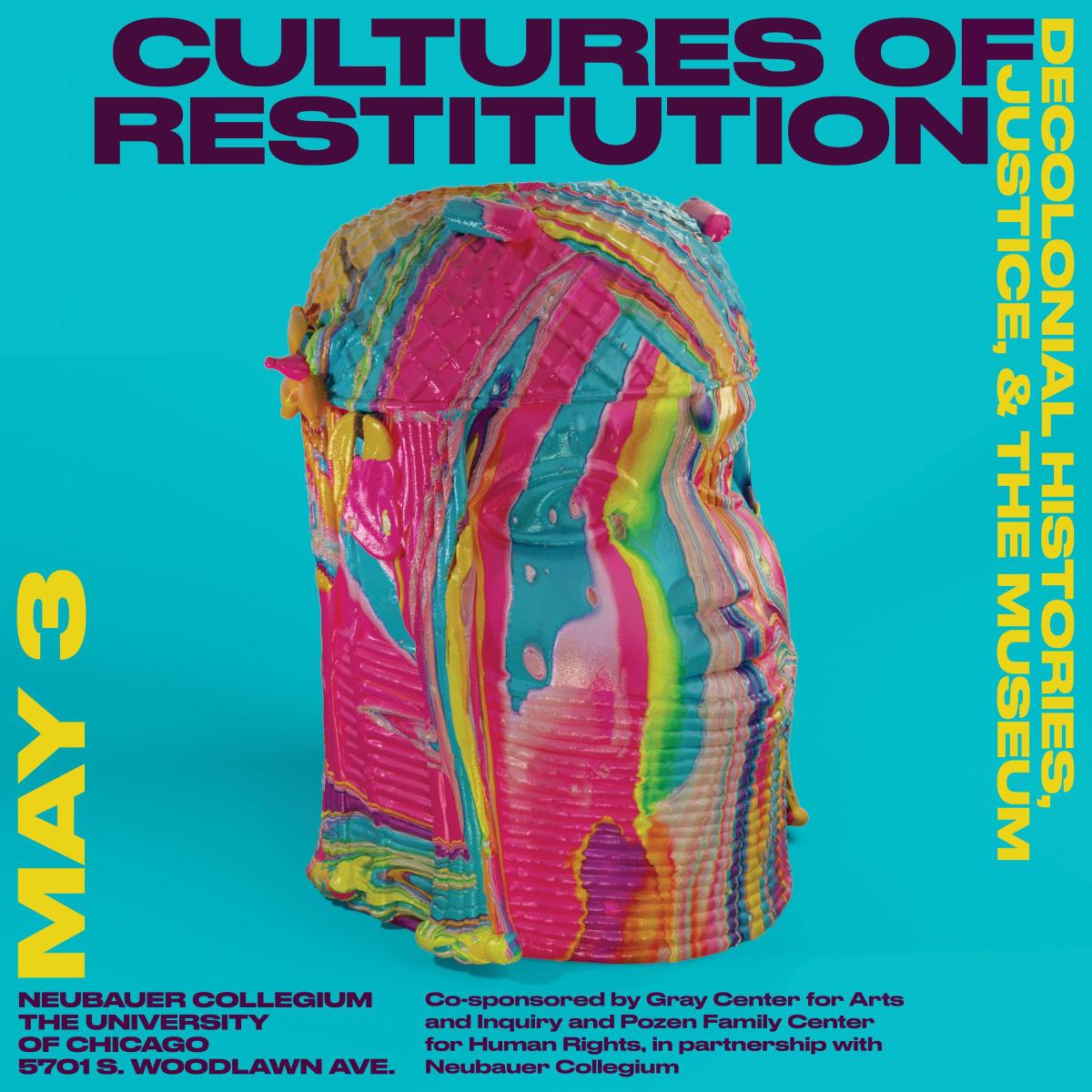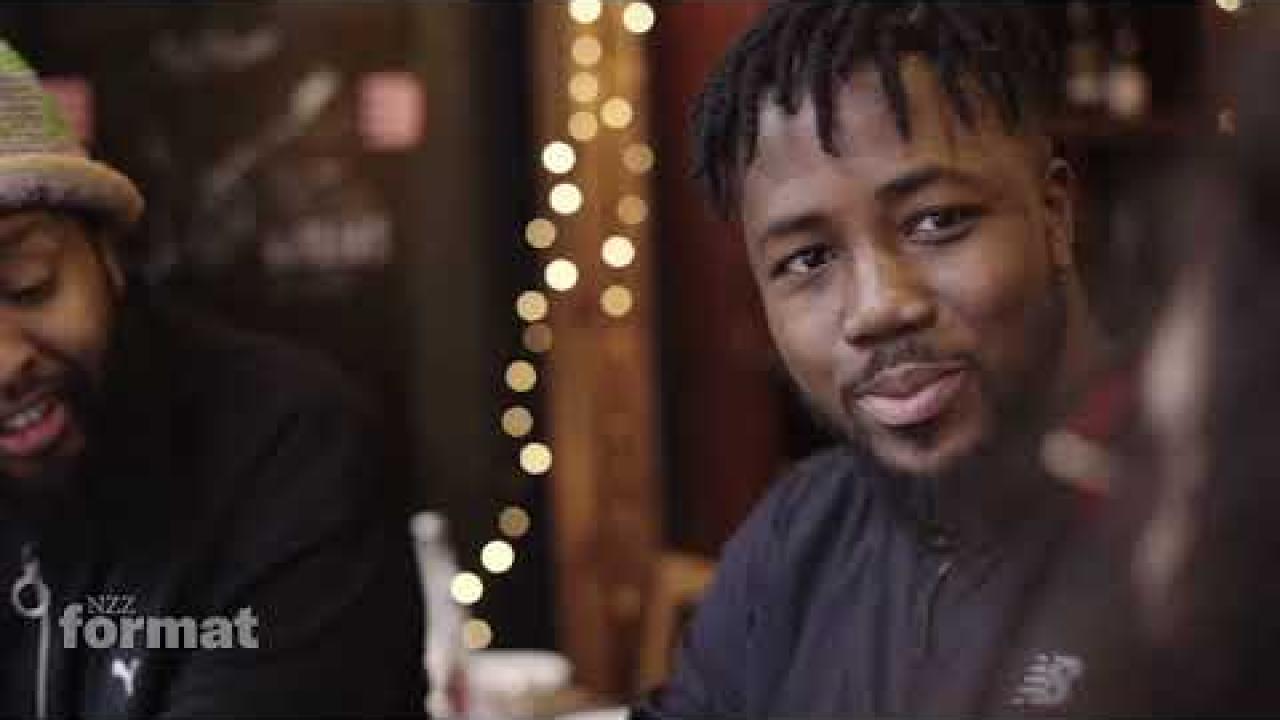
In Brief
- Participants will examine the post-colonial challenge of figuring out where art “belongs.”
- Where do demands for restitution come from, and what makes them hard to resolve?
- Chidi Nwaubani of the creative collective LOOTY will give an artist’s perspective on reclaiming stolen heritage.
- Learn more about participants and panelists, and register.
It’s an increasingly common scenario: a museum in the West finds itself facing demands to return work to a country, often a former colony, from which it was stolen.
Though long a part of discourse in the art and museum worlds, these calls for restitution have received more public attention in recent years – and at times, been successful. Recent victorious restitution campaigns involved the Smithsonian sending Benin bronzes back to Nigeria, the Denver Art Museum shipping antiquities back to Cambodia, and the Manhattan district attorney’s office seizing looted artifacts from the Met so they could be returned to Egypt and Italy.
On May 3 the Pozen Family Center for Human Rights will host, in partnership with the Gray Center for Arts and the Neubauer Collegium, “Cultures of Restitution: Decolonial Histories, Justice, and the Museum,” a day-long interdisciplinary workshop on cutting-edge questions in the field. The workshop will be free and open to the public.
Scholars and practitioners from around the world, including Chicago museum professionals, will sit on panels together, digging beneath the headlines about restitution claims from around the world to examine how they form, which other cultural and political forces they interact with, and how they end up creating new communities and inspiring new forms of art.
“These are questions with long histories,” says Alice Goff, an assistant professor of history at UChicago and one of the workshop’s co-organizers. “And people are approaching them from so many different disciplines and fields of expertise. Part of what’s going to be exciting is getting all these different perspectives in the same room, giving people a chance to think out loud and start new conversations.”
The event will culminate with a presentation by Chidi Nwaubani, the creator/founder of LOOTY, a collective of London-based designers who have experimented with “digital repatriation,” virtually reclaiming objects that were stolen during the colonial era and now live in Western museums.
CROSS-DISCIPLINARY PERSPECTIVES
Between 9 a.m. and 4 p.m., participants will sit together on panels designed to let them apply their disciplinary expertise to questions of restitution. (See a full list of participants, subjects, and panel times.)
The first panel will focus on the legal frameworks involved in restitution debates. The second will examine the interplay between restitution demands and preservation and documentation practices.
The third will look specifically at how conversations about restitution play out in museums; this panel will feature employees of the Art Institute of Chicago and The Field Museum who have engaged with these questions as practitioners.
“Decolonization is set to be a central topic in the academic study of human rights for years to come,” says Mark Philip Bradley, Pozen Center Faculty Director and workshop co-organizer. “This workshop is an opportunity to look at how decolonization plays out in the art and museum worlds and how fascinatingly complex the search for justice in the sphere of cultural production can be.”

